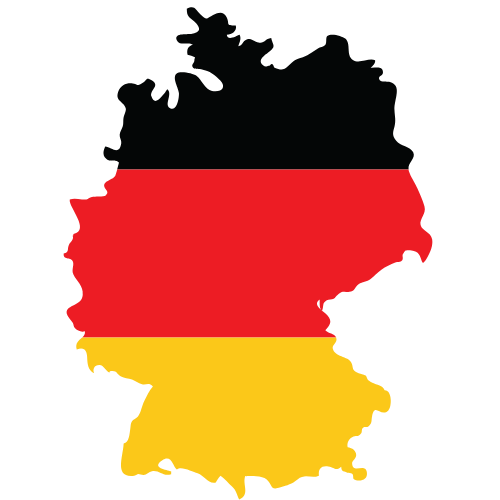Essential Information for Newcomers
For expats embarking on their journey in Germany, understanding the fundamental processes involved in settling down is critical. Initially, obtaining a visa or residency permit is a crucial step. Depending on your nationality and the purpose of your stay, you may require different types of visas, such as work, study, or family reunification visas. It is advisable to consult the German embassy or consulate in your home country to understand specific requirements and documentation needed.
Once you arrive in Germany, registering with local authorities is essential. This process, known as ‘Anmeldung,’ involves providing your address and personal information at the local residents’ registration office. This registration is mandatory within two weeks of moving in and is necessary for various bureaucratic processes, including opening a bank account and obtaining health insurance.
Health insurance is another paramount aspect that expats must address promptly. Germany has a dual public-private health insurance system. Newcomers should assess their eligibility for statutory health insurance or consider private insurance options based on their individual needs. Researching and choosing the right health insurance plan is vital, as it can significantly impact your healthcare access and costs.
When it comes to finding housing, understanding the rental market is crucial. Major cities in Germany, such as Berlin and Munich, often have competitive rental markets. Utilizing online platforms, local classifieds, or seeking assistance from real estate agents can facilitate your housing search. It is also important to familiarize yourself with the rental application process, including required documentation and lease agreements.
For many expats, learning the German language can enhance their experience significantly. Numerous resources are available, including language schools, online platforms, and community groups. Furthermore, embracing cultural etiquette, such as punctuality and direct communication, can foster better integration into German society. By taking these steps, newcomers can navigate their new lives in Germany more effectively.
Settling Down: Adapting to Your New Life
Relocating to Germany as an expatriate presents a blend of excitement and challenges, particularly when it comes to settling down and adapting to a new lifestyle. One of the first aspects to familiarize oneself with is the public transportation system, which is renowned for being punctual, efficient, and extensive. Utilizing trains, trams, buses, and subways can reduce the stress of navigating through bustling cities. It’s advisable for newcomers to acquire a public transport pass, which allows unlimited use within specific zones, making commuting more economical and straightforward.
For expatriate families, understanding the German educational system is crucial. Education is compulsory for children between the ages of six and 15, and the system is divided into various types of schools, including Grundschule (primary school) and secondary schools like Gymnasium, Realschule, and Hauptschule. Familiarity with these options facilitates better decision-making regarding a child’s educational journey. Moreover, many cities offer international schools that follow different curricula, providing expats with additional choices suited to their needs.
Connecting with the expat community can be an invaluable source of support. Local meetups, social networks, and cultural exchange programs create opportunities for expatriates to bond over shared experiences. Engaging in activities such as language exchange clubs or hobby groups not only fosters new friendships but also aids in acclimatizing to local customs and traditions. Understanding work culture in Germany is equally essential; professional environments tend to be formal, with a strong emphasis on punctuality, structure, and clear communication. For those seeking employment, it is crucial to adapt one’s resume to local standards and leverage networking platforms like LinkedIn to establish connections. Participating in industry events can also enhance visibility and open doors to job opportunities.
Engaging in recreational activities is vital for achieving a balanced lifestyle. Exploring local parks, participating in community events, or visiting cultural institutions can enrich one’s experience. Social gatherings, whether they be festivals, holiday celebrations, or casual meetups, can foster a sense of belonging and ease the transition into the new surroundings. With patience and proactive involvement, expatriates can navigate life in Germany with confidence and resilience.

